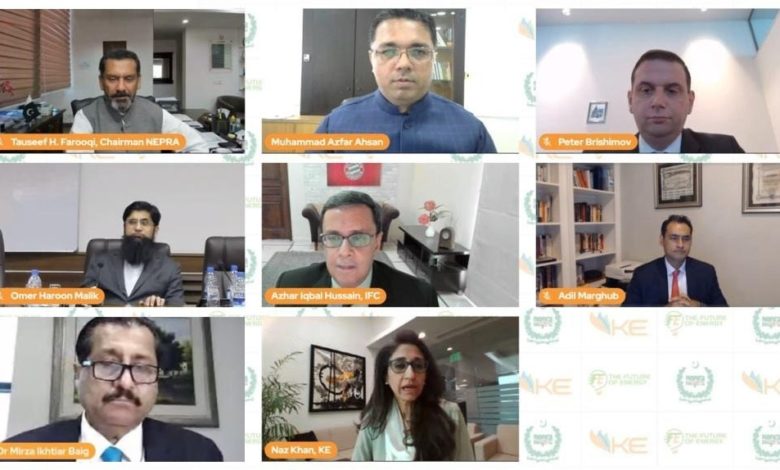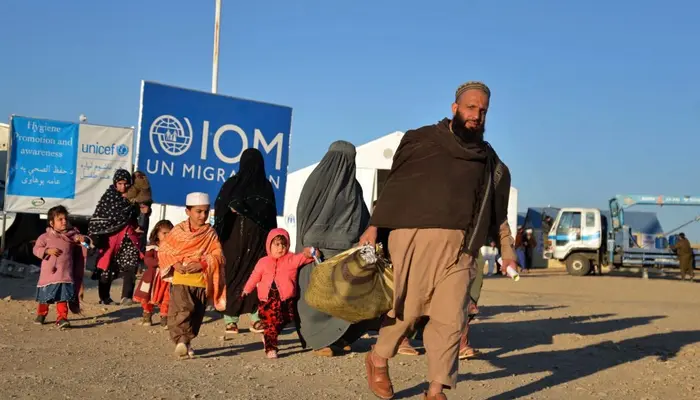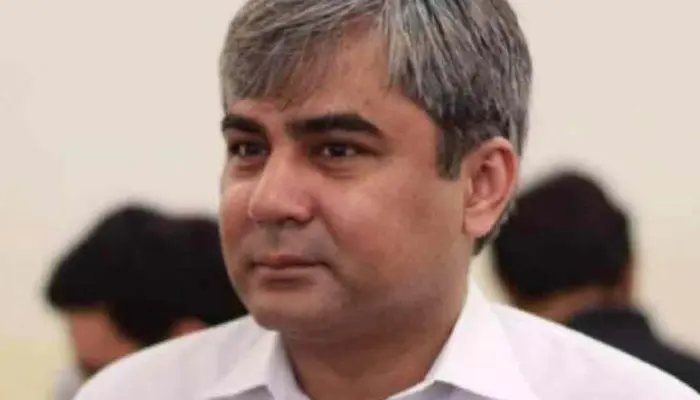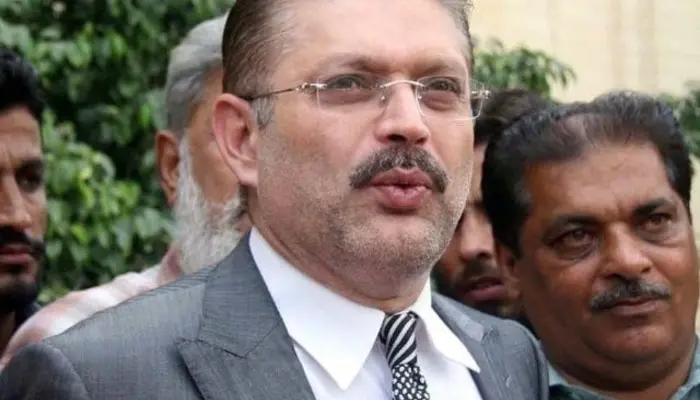
Karachi: A gradual and systematic approach is critical to ensure that the Government’s vision of an open electricity market can be achieved successfully.
This was the consensus among an expert panel of key stakeholders and thought leaders who gathered to speak at a webinar on the ‘Liberalization of the Power Market in Pakistan’ under the Future of Energy dialogue series curated by Nutshell Conferences, the Corporate Pakistan Group (CPG) in collaboration with the NEPRA and supported by K-Electric. The focus was to brainstorm Pakistan’s smooth transition roadmap towards a competitive electricity market.
The two-hour live webinar was attended by Chairman NEPRA as well as representatives from Pakistan’s industrial community, global energy consultants Kearney, and the International Finance Corporation (IFC).
Discussion centered around the key features of market liberalization and the policy level changes required to create an enabling environment which include but are not limited to the privatization of state-owned distribution companies and the introduction of a comprehensive and sustainable wheeling policy for transmission and distribution networks.
Alongside this, the panelists also opined on the impact of an open electricity market on the economy, utilities, and especially on the customers at large.
The session began with the Keynote speech by the Honorable Chairman NEPRA, Mr. Tauseef H. Farooqi on the liberalization and future regulatory landscape in which he highlighted that NEPRA is aiming to remove inefficiencies from the system and to reduce the power cost in the country through Competitive Trading Bilateral Contracts Market (CTBCM) Model in the near future.
NEPRA and the Federal Government have been working closely to develop the policy roadmap which can achieve this goal. He further added that the CTBCM will have a direct positive impact on the economy in terms of boosting industrial activity.
NEPRA has approved a detailed design and implementation plan that includes the best practices from global examples.
Mr. Omer Haroon – Head of Strategy & Power Market, CPPA discussed the key features of CTBCM and explained that it ultimately induces competition that gives customers greater choice and control through market-based innovation.
Agreeing to what Chairman NEPRA said, he shared his views that the ultimate goal of CTBCM is not just to ensure the availability of power but also its affordability and for this, the market design needs to take into account the principles of transparency, predictability, and accountability.
He said that every market design is unique, several global markets exist but there are differences in design principles due to local environment it provides. He also added that CTBCM, if implemented rightly, drives appropriate energy prices which benefits the customer.
Mr. Peter Brishimov – Principal, Kearney – a global management consulting firm with presence in over 40 markets worldwide – highlighted the prerequisites for successful liberalization of the market such as financial stability of the all entities in the sector, and sound governing institutions including regulators as well as financial institutions etc.
He further recommended that the pace of liberalization should be gradual to ensure that there is no adverse impact. Based on the learning from the other countries, Pakistan should first conduct a dry run of 6-12 months prior to fully opening the market to derive learning and challenges.
He emphasized that strengthening DISCOs is essential to the success of the model, and liberalization, if done in a systematic and gradual manner, can be a source to attract FDI within Pakistan’s power sector that will ultimately benefit Pakistan in accelerate its economic growth.
As a representative of industrial customers, Dr. Mirza Ikhtiar Baig – Chairman, Baig Group, underlined the challenges being faced by the consumers under the current regime and how liberalization can help address these issues.
He said that currently, the most pressing pain points of the customers are the security of supply and affordability of the power which is preventing industrial growth from actualizing its full potential in Pakistan.
While there has been progress, especially after the global crunch due to the pandemic, there is still significant room for more growth. The Government has been supportive of industries but it is also coming at the cost of increased subsidies which they have to bear.
He opined that a competitive market supports industrial customers and economic progress by forcing companies to innovate and lower their cost of service. However, he cautioned that while CTBCM has the potential to be a game-changer for Pakistan, it is an ambitious undertaking.
Echoing the sentiments of Mr. Brishimov, he suggested that the way forward needs to be supported with a step-wise approach and requires effective planning to prevent any one stakeholder from being overburdened. Dr. Baig also added that despite an economy impacted by Covid, Karachi’s industries have demonstrated 11% higher growth.
Supported by Government policies and economic prospects, industries have opened LCs of USD 5 billion recently because we are confident that the situation is improving, he further mentioned.
Adil Marghub – Regional Industry Head & Energy, IFC, The World Bank, shared ways of securing finance for power projects in liberalized market scenario. He said that the most important thing is to have clear rules.
If rules are properly set up, the funding automatically follows, and the market becomes attractive to Foreign Direct Investment. He further shared global examples such as from Turkey and Mexico.
He further said that bankability of a project is also tied to competitiveness of the market.
The session was moderated by Azhar Hussain – Principal Investment Officer, MCT Region International Finance Corporation, who discussed key impacts on consumer tariff and subsidy for regulated and non-regulated consumers and how the consumers may benefit from CTBCM if a sustainable wheeling policy including stranded cost as part of the wheeling charges is implemented.
Mr. Azfar Ahsan, Chairman of Nutshell Conferences and the organizer of the important conversation stated that liberalization of the market is a positive step, and the strategy needs to be flexible so it can adapt to our politico-economic dynamics.
He further mentioned that the consensus among experts was that opening of the market can be a game changer for Pakistan while the Ministry of Energy, Ministry of Finance, and Federal Government have been working actively to mitigate issues that gave us the faith that we have been on the right track.
Naz Khan, Chief Strategy Officer, K-Electric thanked all participants particularly the Chairman NEPRA Tauseef H. Farooqi for their all out support and for an in-depth conversation on the important subject. She further stated that K-Electric’s will encourage similar initiatives which create a win-win for all stakeholders.
The Future of Energy webinar is a series of dialogues being curated by the Nutshell Group to promote the exchange of ideas and a conversation on the pertinent topics with implications for Pakistan’s power sector.
















